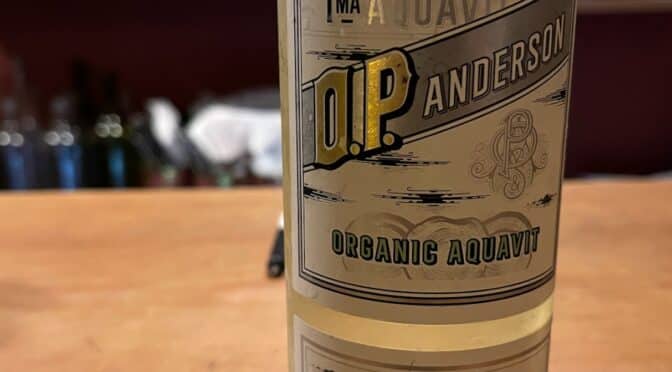by Barbara Nevins Taylor
Someone named Carmen Chen, if that’s her real name, sent me an email that says, “You Won!” Sounds great. Won What? I hate to be cynical, but this is the Internet and it takes a little skepticism to remain free and clear of frauds and scams. I deleted Carmen without opening the link. That’s what investigators suggest we all do. Clicking on these contest links can lead to computer viruses, malware that steals your personal information and other horrible things. So the warning is, don’t click on links from strangers or companies that you don’t know.
The Federal Trade Commission is trying to keep up with the bad guys and just took action to action to shut down an international network of scammers that sent millions of unwanted text messages to consumers, using the lure of “free” gift cards and electronics to entice consumers into an elaborate scheme designed to take their money and target them for illegal robocalls.
The FTC alleges this was a double assault on consumers because many had to pay for receiving the texts that promised free gifts or prizes, including gift cards worth $1,000 at major retailers such as Best Buy, Walmart and Target.
The FTC says, “Consumers who clicked on the links in the messages found themselves caught in a confusing and elaborate process that required them to provide sensitive personal information, apply for credit or pay to subscribe to services to get the supposedly “free” cards. In addition, consumers’ phone numbers were signed up to receive unwanted automated telemarketing calls, also known as robocalls.”
What happens when you click on the link?
According to the FTC, when consumers followed the links to the supposed gift cards, they were directed to sites that collected a substantial amount of personal information, including in some instances health information. The FTC alleges that in addition to selling the information for marketing purposes, the defendants also made unwanted automated telemarketing calls to consumers selling products such as home security, satellite television and travel services.
The way the FTC describes the scenario, you couldn’t get the “free gift card” without spending money. In addition, clicking one link led to a mini labyrinth of offers. In some cases, consumers were obligated to sign up for as many as 13 of the offers. These offers frequently included recurring subscriptions for which consumers were required to provide credit card information and pay up front for “shipping and handling” charges. In other cases, they required consumers to submit applications for credit that would be reflected in their credit reports and possibly affect their credit score.
The defendants in the case are Acquinity Interactive, LLC, located in Deerfield Beach, Fla.; 7657030 Canada Inc., located in Kirkland, Quebec, and also doing business as Acquinity Interactive; Garry Jonas, an officer of Acquinity Interactive; Revenue Path E-Consulting Pvt Ltd, located in Pune, India; Revenuepath Ltd, registered in Nicosia, Cyprus; Worldwide Commerce Associates, LLC, registered in Las Vegas, Nev., and also doing business as WCA; Sarita Somani, an officer of the Revenue Path defendants and Worldwide Commerce Associates; Firebrand Group S.L., LLC, registered in Las Vegas, Nev.; and Matthew Beucler, an officer of Firebrand.



